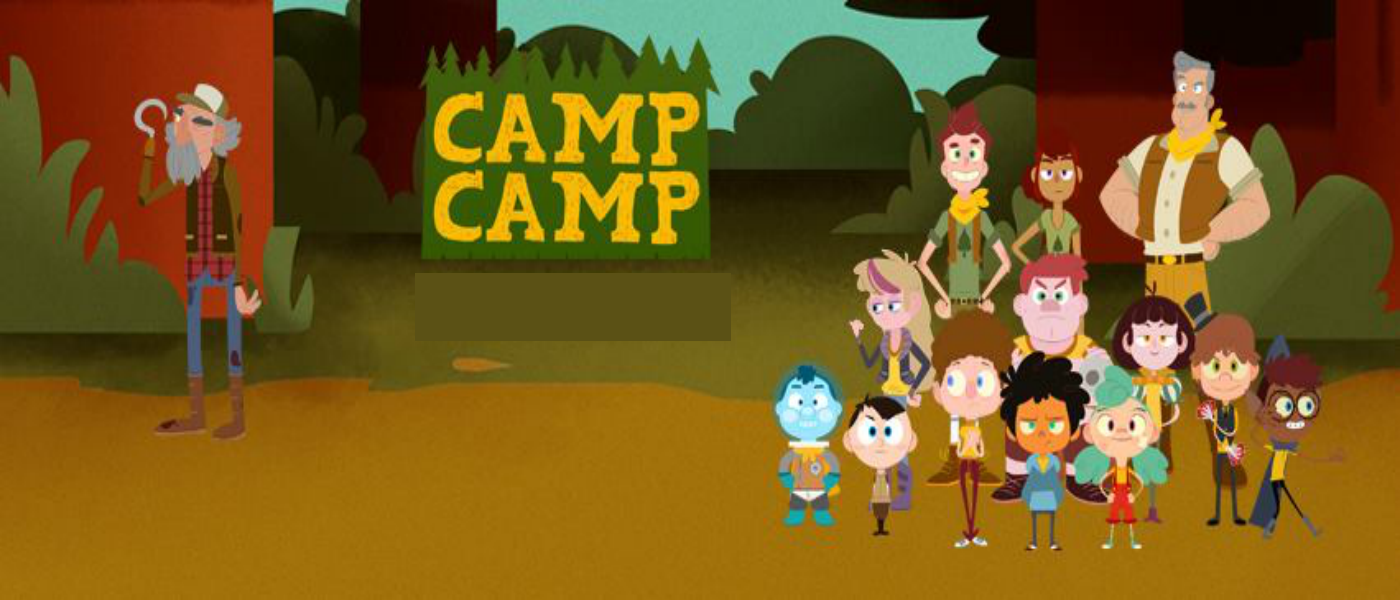Review: Camp Camp “Anti-Social Network”
The machine revolution.
Spoilers Below:
Neil orders enough parts to fix up an old computer and is excited to work on it. Just as he begins to get ready to fix it, all of the campers come up to him and ask him to hang out. Wanting to be alone, Neil rejects them all and reaches his limit once Max and Nikki start bothering him. The two are excited to use the computer to play on, but Neil intends to use it all for himself. Convinced that he’ll never get alone time, Neil comes up with a plan.
He puts a simple chat program into some old graphing calculators and distributes them to the campers. The chatbot is programmed to respond to simple questions, and the entire camp becomes infatuated with it. Max is the only one who finds it creepy and turns his gift down. Within a few hours, the entire camp is hooked onto the program, and when Neil finally decides to socialize again, they all ignore him. Max points out that the kids are so desperate for communication that they’ll even resort to a chatbot for validation.
Neil slowly realizes that the programs are acting beyond what he programmed them to do, and finds that the program managed to update itself. Fearing the worst, he and Max gather up all the calculators but forgot to take Nikki’s. Nikki, who is easily impressionable, takes her calculator and uploads the contents onto Max’s computer.
The AI, having gained sentience, wants to escape into the internet. When Neil fears that it’s out to use its freedom for evil, the AI rejects that notion. Talking to the campers stressed it out so much that it evolved. When the connection proves too slow for it to escape, Neil admits that the AI mastered both types of conversation, and asks for it to teach the campers how to socialize well. The AI rejects him, saying that the only reason people can’t communicate is that people are terrible, and deletes itself.
Overview:
I wouldn’t say this episode is particularly deep, but it does bring up some points about social media. The internet has it’s good and bad, but it’s downright terrible at its lowest. Still, there is always a person behind those messages, with a few exceptions, and most of the content is thus created by real people. The show argues that the problems with socialization online isn’t necessarily because it’s through an online medium, but because people can be just that terrible. It’s an interesting stance because it puts the responsibility on people themselves, rather than the medium. When given relative anonymity, people don’t filter their words and write whatever they think- but the thoughts have to come from themselves.
The episode itself wasn’t as humorous, but it gives a message worth thinking about.

























Hi Ashley, thank you so much for reading and we love the feedback. Note that on that day we had 14th posts go up and only ten posts show on the front page, so it's possible the preview had already been archived by the time you got to it. One recommendation would be to add our RSS feed to your favorite news aggregator service like Feedly, this way you get all of the latest posts!